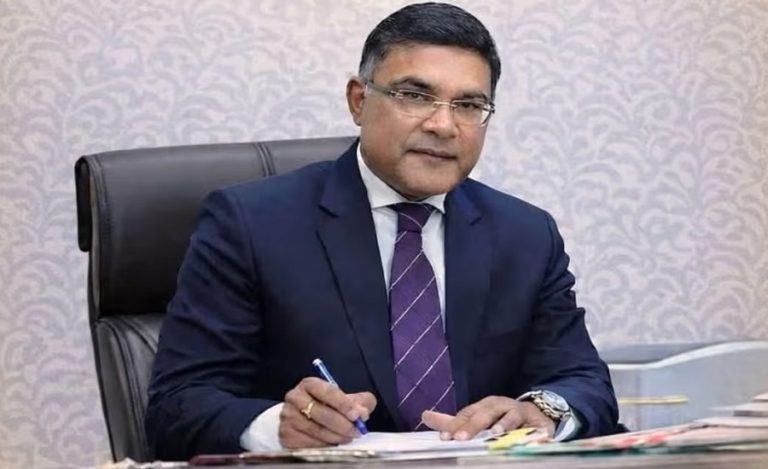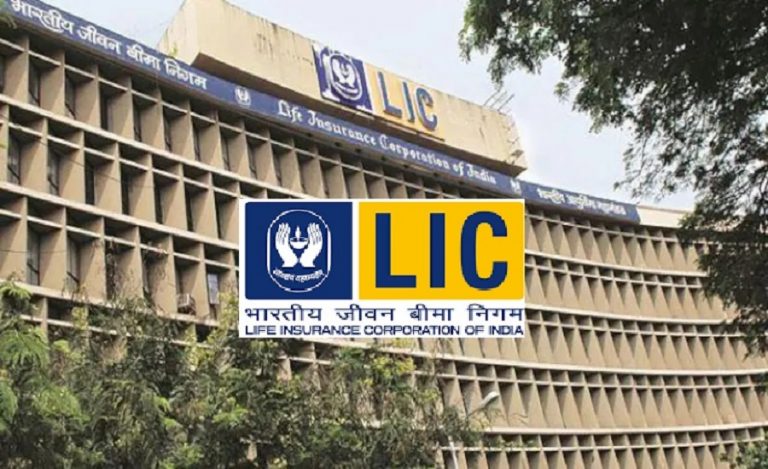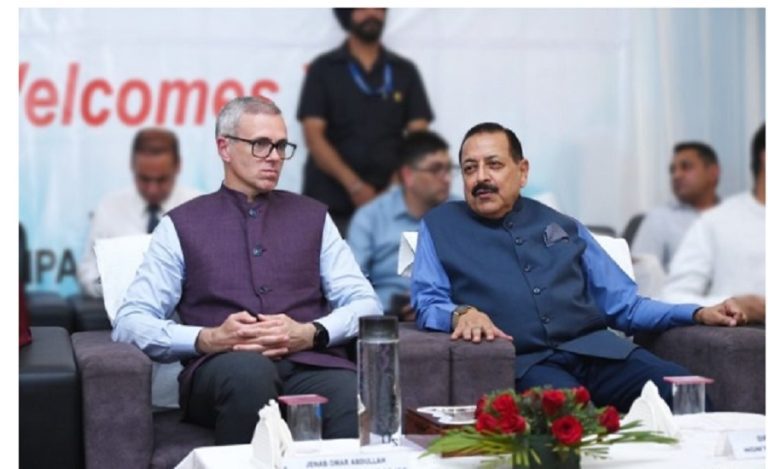Guwahati: A coalition of civil service associations has strongly criticised the Nagaland government’s decision to include non-State Civil Service (SCS) officers in the Indian Administrative Service (IAS), calling the move constitutionally questionable and procedurally flawed.
The Joint Coordination Committee (JCC), representing five associations – CANSSEA, FONSESA, NIDA, NSSA, and NF&ASA – released a detailed statement on October 31, expressing concern over the government’s justification. According to the JCC, the inclusion of officers who were “irregularly appointed” and did not follow constitutionally mandated recruitment processes undermines the principles of equality and merit enshrined in the Indian Constitution.
Government Defends Decision
A government spokesperson argued that the authorities acted within the constitutional framework, defending the inclusion of officers who had been “regularised, serving with integrity and seniority” and had “earned their due consideration.” Officials claimed that these officers’ capabilities and responsibilities justified their induction into the IAS, even if they had not originally joined through competitive exams.
Civil Servants Dispute Legitimacy
The JCC, however, rejected this defence, arguing that “induction into the IAS is not a process that erases earlier violations. The rule of law must be respected.” The committee cited Articles 14 and 16 of the Constitution, which guarantee equality before the law and equal opportunity in public employment, stating that the original recruitment violated these provisions.
The associations also referenced the Supreme Court’s 2006 ruling in Uma Devi v. State of Karnataka, which clarified that regularising irregular appointments does not rectify the initial procedural violations. The JCC noted that the government’s argument – that officers demonstrating capability deserve advancement – contradicts the principle of merit-based selection and equal opportunity.
Clarifying Legal Context
The government had also cited a Supreme Court case from Rajasthan to justify including non-SCS officers. The JCC clarified that the Rajasthan case dealt with reserved seats for non-SCS officers, a procedural matter, whereas the Nagaland situation involves officers who were irregularly appointed being allowed into the IAS induction panel, which sets a dangerous precedent for backdoor appointments.
Associations Demand Compliance With Constitution
The JCC concluded by urging the state government not to legitimise or glorify appointments that bypass established recruitment rules. The committee emphasised that procedural integrity is essential to maintain fairness and credibility in the civil services, and that circumventing competitive examinations for certain officers undermines the trust of career civil servants and the public.
The statement, issued by the JCC’s media cell from Kohima, underscores an ongoing dispute between Nagaland’s career civil servants and the state administration over recruitment practices and constitutional compliance. Observers note that the controversy could have wider implications for civil service governance and the balance between state discretion and merit-based recruitment.
Read also: Nagaland Govt Stands Firm on IAS Recruitment Process Despite Ongoing Protests and Pen-Down Strike





























